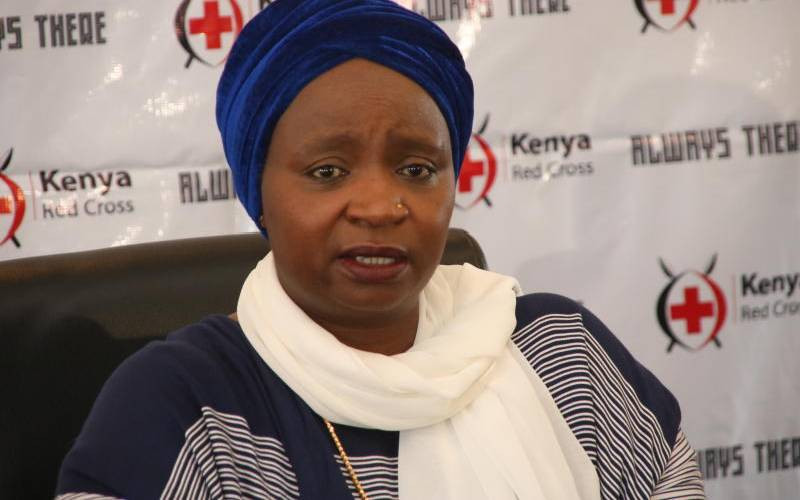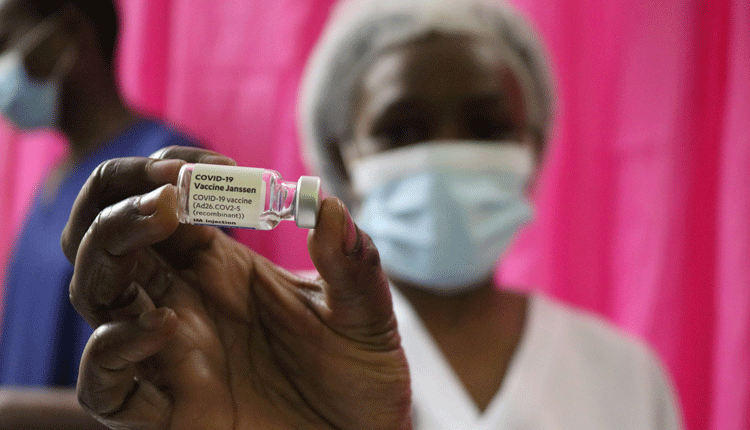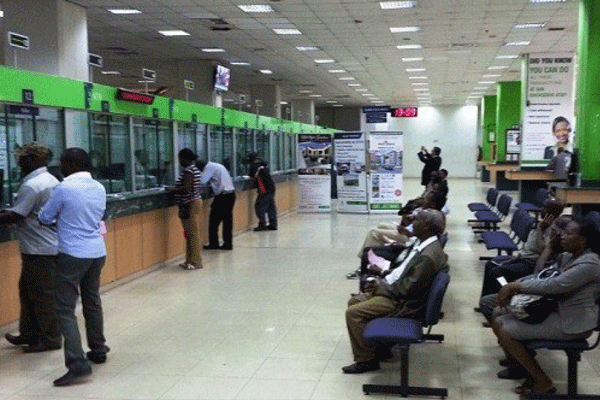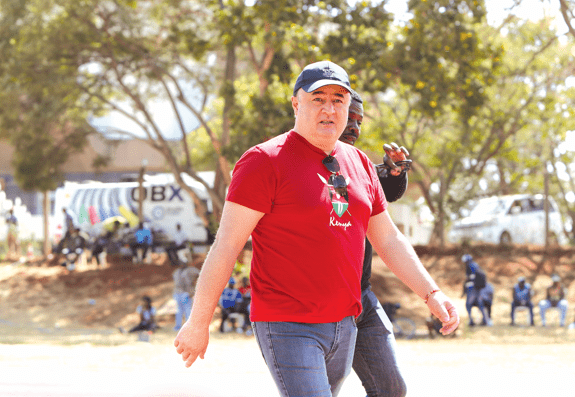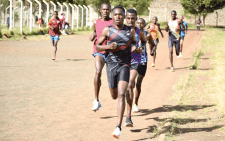Observe Covid rules during Ramadhan, Muslims urged
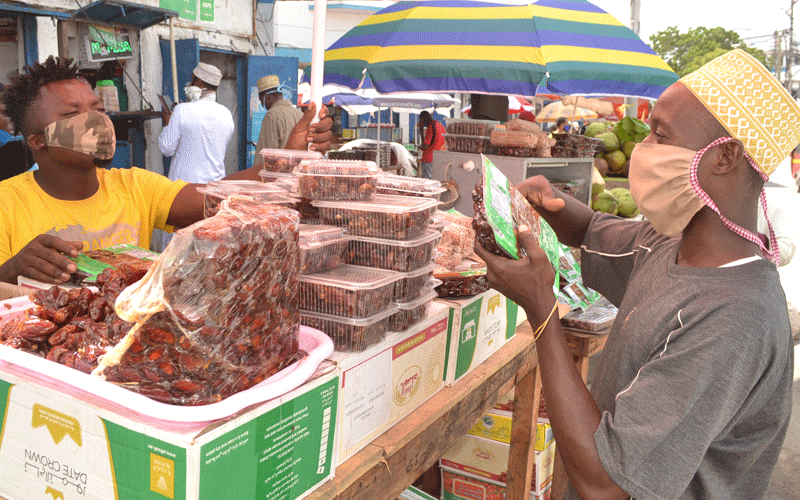
Reuben Mwambingu and Harrison Kivisu
Muslims are expected to usher in the Holy Month of Ramadhan tomorrow.
Like 2020, this year’s fasting season will be unique because of the Covid-19 pandemic.
Just like last year when the fasting month came late April shortly after the pandemic struck the country, Ramadhan will this year coincide with the third wave of the disease which has taken a heavy toll.
This year’s Ramadhan is expected to begin on Tuesday April 13 or Wednesday 14, depending on the sighting of the new moon. The date will be confirmed upon sighting of the moon.
During Ramadhan, the faithful fast during the day and in the evening share Iftar – the evening meal for breaking the fast – with the less fortunate.
However, due to the curfew and other Covid-19 containment measures, Muslims will be required to bypass most of the traditional practices of the Holy Month.
Among the observances that will be affected is Iftar and the Taraweeh, a special night prayer during Ramadhan.
Kenya Red Cross Mombasa chairman Mahmoud Noor, who is also a member of the Covid-19 response committee, said Muslims will be required to abide by the Covid-19 containment measures to protect themselves and their families.
“It will be important for all of us to obey all the health measures that have been set by the government so that we don’t live to regret,” said Noor.
Haki Africa Executive Director Hussein Khalid, who is also a committee member, warned that the third wave had proved to be deadlier than previous ones.
“Last year we failed to observe protocols and we were locked down. Let us not allow that to happen this year,” he said.
Speaking after unveiling a consignment of food to be distributed to the Muslim community in Mombasa county, African Salihiya Cargo and Clearing firm director Saeed Abdirahman urged residents to abide by the health measures while observing the 30 days of fasting.
Abdirahman said the food stuff, including 1,000 bags of rice, dates and other essential commodities, would go a long way in cushioning faithful from the effects of the pandemic during the fasting period.
“We are distributing food to the vulnerable communities to ensure they get something to eat when they break their fast,” said Abdirrahman.
Residents of Mombasa’s Old Town, who are predominantly Muslim, were told to be extra vigilant to avoid a repeat of last year’s situation where they had to spend the better part of the Holy Month indoors after the government restricted movement into and out of the area.
Special prayers
“What happened last year was so unfortunate. We were locked down in the midst of Ramadhan. It was impossible for us to hold Taraweeh prayers or share Iftar meals because we were declared a diseased zone,” said Abdul Kassim, a resident of Old Town.
“We don’t want a situation similar to last year’s to befall us this year,” he added.
The Council of Imams and Preachers of Kenya Organising Secretary Sheikh Mohamed Khalifa said the world is undergoing tough times because of the pandemic and called on all Muslims to offer special prayers during the fasting.
“Even though we know so many things will be disrupted, our call to Muslims is to understand that this is a tough period not only here but globally. The pandemic has affected people health wise, psychologically and economically,” he said.
